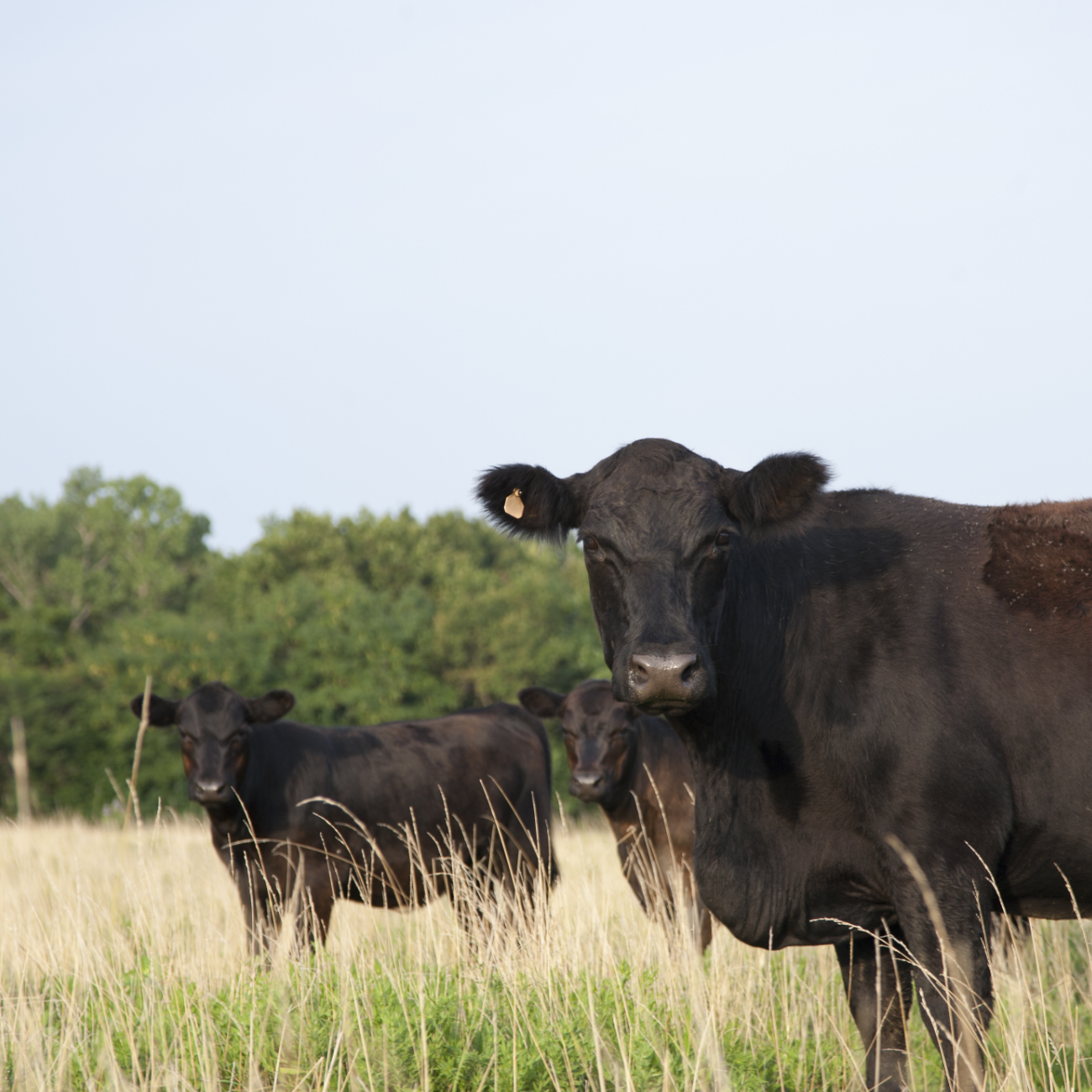USDA MPPTA Client Story
The participants in the USDA Agricultural Outlook Forum are advocating for increased competition within the meatpacking industry, yet they encounter significant challenges in their endeavor.
“There’s basically no free market competition in the fed cattle market nowadays, and it is causing economic ruin and hardship in rural America to cattle ranchers,” says Dr. Brooke Miller, past president of the U.S. Cattlemen’s Association.
Four Companies Hold a Considerable Share
A small group of four companies holds a considerable share, ranging from 55% to 85%, of beef, pork, and poultry processing. During the panel discussion, the focus revolved around the various risks and challenges that arise due to this high level of consolidation within the industry.
The panel featured Blayne Arthur, Oklahoma Secretary of Agriculture; Katie Kramer, owner of Hurdwell, a small meat processing company in Ohio; and Miller.
“We didn’t have shortages of cattle,” Miller says. “We had shortages of beef in the grocery store. That was because of this ‘eggs all in one basket’ type of approach.”
The panelists highlighted that the COVID-19 pandemic’s effect on processing facilities has drawn increased attention to this matter.
To address the shortages experienced in grocery stores, Oklahoma allocated $10 million from the CARES Act funds to distribute 40 grants among small- and mid-size meat processors.
Oklahoma Consumers are Showing Interest in Purchasing from the Smaller Processors.
“Suddenly they were getting to have this relationship with this beef producer and getting to learn more about how they’re producing their product,” she says.
Although success stories, such as the ones in Oklahoma, exist, the panelists underscored that smaller packers continue to face operational disadvantages.
Excited Consumers Coming in to Support Local
“I see a lot of excited consumers coming in to support local and then they get there and of course it’s going to be a little bit more expensive than they’re seeing at Walmart,” Kramer says of customers at her facility.
Kramer received federal and state grants to start her business and is currently striving towards achieving profitability.
“I feel like I’ve been a success by starting the idea,” Kramer says. “I always felt it’s not for me to see the end game, [but] that I’ve set the next generation up for their end game, to change things in my little corner of the world.“…And the government is helping us out right now. We have a spotlight on local food production that we haven’t had in years and years.
This is a wonderful thing.” Miller says the ultimate goal is to increase competition and improve profits for cattlemen.
Contact MPPTA
Please contact us with any questions.
About the USDA MPPTA programs - Contact Us
For the MPPTA social media engagement team - DM us on Facebook
Please note: The Meat and Poultry Processing Technical Assistance (MPPTA) Program is funded through a cooperative agreement with the USDA Agricultural Marketing Service. The MPPTA Project Coordinators do not offer or provide direct contractor services or financial capital, grant writing, or project management services, nor does the voluntary use of MPPTA guarantee the success of a grant application or the grant-funded project


